Zinc Chloride Introduction
Zinc chloride (ZnCl₂) is an important chemical product, widely used in electroplating, metal surface treatment, fertilizers, pesticides, dyes, synthetic fibers, spices and medicine. Its price is affected by many factors, including production costs, market supply and demand, international trade policies and macroeconomic environment. The following will analyze these influencing factors in detail.
Raw material price fluctuations
The main raw materials for the production of Zinc chloride are zinc and chlorine. The price fluctuation of zinc directly affects the production cost of zinc chloride. The price of zinc is affected by international market demand, mine production volume, inventory level and macroeconomic factors. For example, the increase in infrastructure construction and manufacturing activities driven by the global economic recovery will increase the demand for zinc, thereby pushing up the price of zinc. The mining and smelting costs of mines and the tightening of environmental protection policies will also affect the supply and price of zinc. The price of chlorine is affected by the price of oil and natural gas, because chlorine is usually produced by electrolysis of sodium chloride (salt), and the energy consumption of the electrolysis process is very high.
Production process and technological progress
The production process and technical level of zinc chloride have a direct impact on its production cost and quality. Advanced production technology can improve the utilization rate of raw materials, reduce energy consumption, and reduce production costs. Technological progress can also improve product quality and enhance the market competitiveness of products. For example, the use of efficient chlorination process and waste recycling technology can not only reduce production costs, but also reduce environmental pollution, thereby improving the economic and social benefits of enterprises.
Market supply and demand
Market supply and demand is an important factor affecting the price of zinc chloride. When market demand increases and supply is insufficient, the price of zinc chloride will rise; conversely, when supply is excessive and demand is weak, the price will fall. Factors affecting market demand include the development of downstream industries, seasonal demand changes, and the development of emerging markets. For example, the electroplating industry and the fertilizer industry are the main downstream markets for zinc chloride, and the prosperity of these industries directly affects the demand for zinc chloride.
International Trade Policy
International trade policy is also one of the important factors affecting zinc chloride prices. The import and export policies, tariffs and trade barriers of various countries will affect the international trade flow of zinc chloride. For example, some countries may impose high tariffs on the import of zinc chloride and its raw materials, resulting in increased import costs, thereby pushing up domestic market prices. Trade wars and geopolitical tensions may also lead to supply chain disruptions and increased market uncertainty, which in turn affects the price fluctuations of zinc chloride.
Environmental Protection Policy
As global environmental awareness increases, governments around the world are paying more and more attention to environmental pollution issues in the production process of chemical products. Strict environmental protection policies will increase the environmental protection costs of enterprises, thereby affecting the production cost and market price of zinc chloride. For example, the government may impose strict regulatory measures on enterprises that emit waste gas, wastewater and solid waste, requiring enterprises to carry out environmental protection transformation and increase investment in environmental protection equipment, thereby increasing production costs.
Macroeconomic environment
The macroeconomic environment also has an important impact on the price of zinc chloride. Macroeconomic factors such as global economic growth rate, inflation rate, interest rate and exchange rate will affect the market demand and price of zinc chloride. For example, a slowdown in global economic growth will lead to a decrease in industrial production activities, thereby reducing the demand for zinc chloride and causing the price to fall. On the contrary, faster economic growth will increase demand and push up prices.
Enterprise competition status
The competition among enterprises in the zinc chloride market also has an important impact on its price. The production capacity, technical level and market strategy of major manufacturers in the market will affect the market price. For example, large-scale manufacturers have higher technical level and scale effect, and can produce at lower cost, thus gaining an advantage in price competition. The market strategy of enterprises, such as price war, product differentiation and marketing activities, will also have an impact on the market price.
Market expectations and speculative behavior
Market expectations and speculative behavior are also important factors affecting zinc chloride prices. The expectations of market participants will affect their purchasing and sales decisions, thereby affecting market prices. For example, when the market expects future demand to increase and prices to rise, companies and distributors may increase inventory, thereby pushing up current prices. Conversely, when the market expects future supply to increase and prices to fall, they may reduce purchases, thereby depressing current prices. Speculative behavior can also lead to short-term fluctuations in market prices and increase market uncertainty.
in conclusion
The price of zinc chloride is affected by many factors, including fluctuations in raw material prices, production process and technological progress, market supply and demand, international trade policies, environmental protection policies, macroeconomic environment, corporate competition, market expectations and speculative behavior, etc. Understanding the impact mechanism of these factors will help related companies and market participants better predict and respond to price changes in the zinc chloride market, thereby formulating effective production and operation strategies and market response measures.
- Random Content
- Hot content
- Hot review content
- Industrial concentrated nitric acid 55%-68%
- IPETC 95%Metal sulfide mineral collector Z-200
- Oxalic acid for mining 99.6%
- Booster(Detonating insensitive explosives)
- Ammonium Nitrate Porous Prills
- Food Grade Heavy Light Precipitated Calcium Carbonate Powder Granular 99%
- Feed Grade 98.0% Calcium Formate
- 1Discounted Sodium Cyanide (CAS: 143-33-9) for Mining - High Quality & Competitive Pricing
- 2Sodium Cyanide 98% CAS 143-33-9 gold dressing agent Essential for Mining and Chemical Industries
- 3China's New Regulations on Sodium Cyanide Exports and Guidance for International Buyers
- 4International Cyanide(Sodium cyanide) Management Code - Gold Mine Acceptance Standards
- 5China factory Sulfuric Acid 98%
- 6Anhydrous Oxalic acid 99.6% Industrial Grade
- 7Soda Ash Dense / Light 99.2% Sodium Carbonate Washing Soda
- 1Sodium Cyanide 98% CAS 143-33-9 gold dressing agent Essential for Mining and Chemical Industries
- 2High Purity · Stable Performance · Higher Recovery — sodium cyanide for modern gold leaching
- 3Sodium Cyanide 98%+ CAS 143-33-9
- 4Sodium Hydroxide,Caustic Soda Flakes,Caustic Soda Pearls 96%-99%
- 5Nutritional Supplements Food Addictive Sarcosine 99% min
- 6Sodium Cyanide Import Regulations & Compliance – Ensuring Safe and Compliant Importation in Peru
- 7United Chemical's Research Team Demonstrates Authority Through Data-Driven Insights


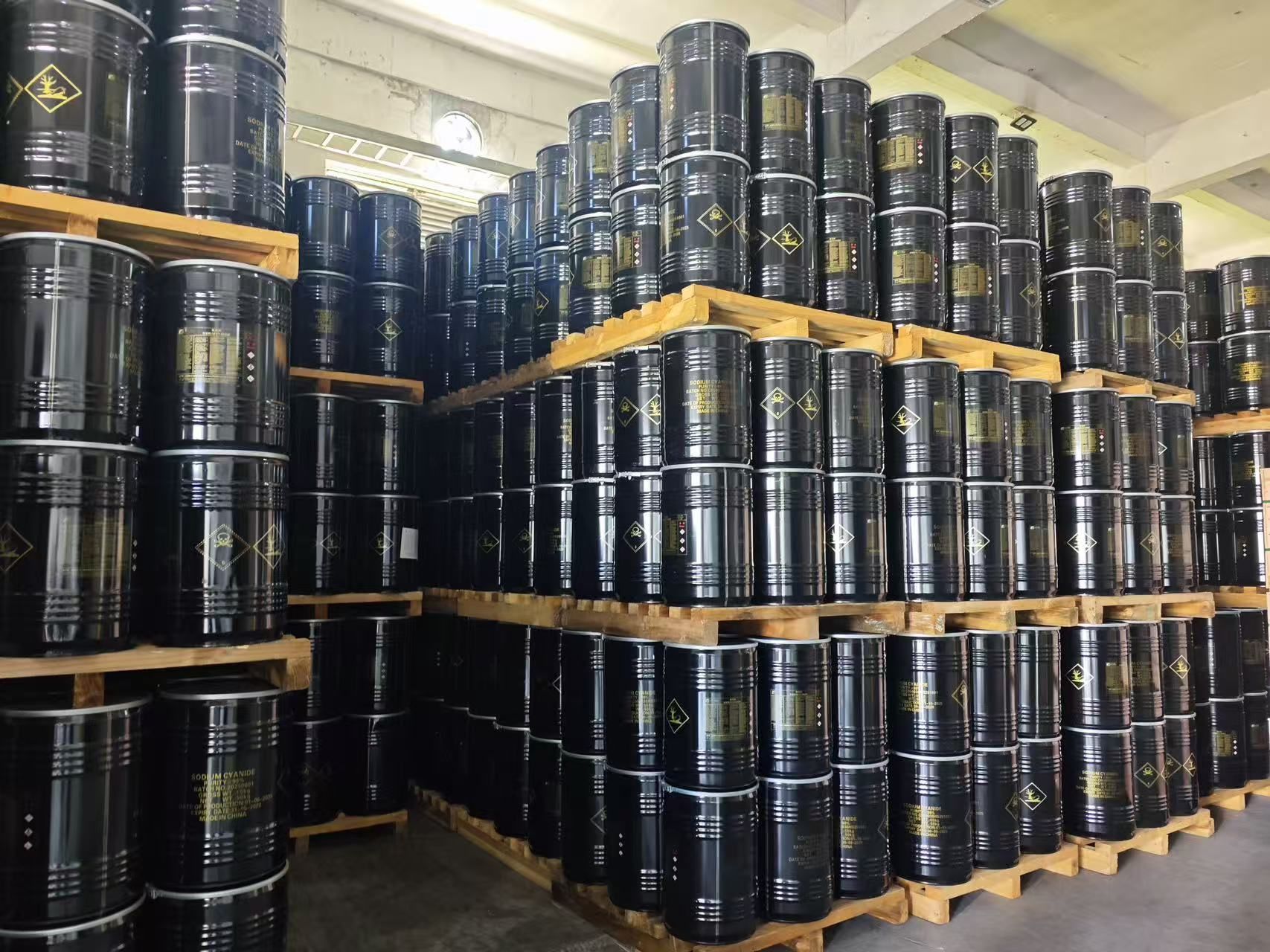
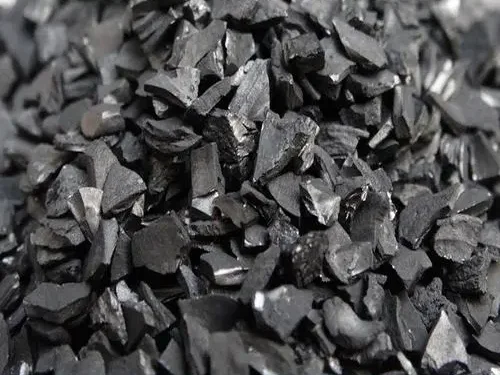

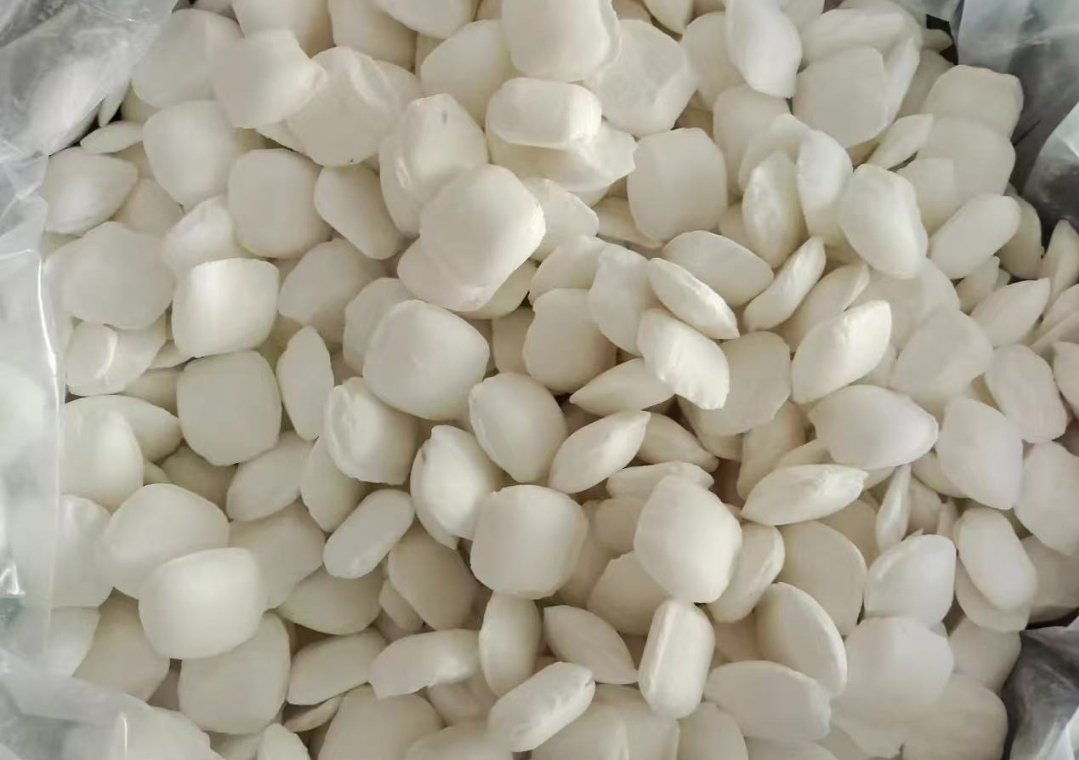

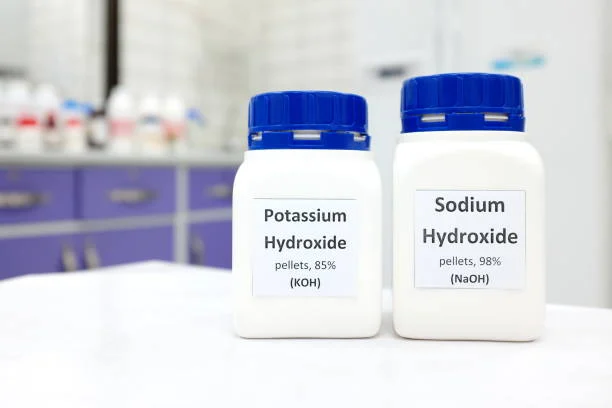
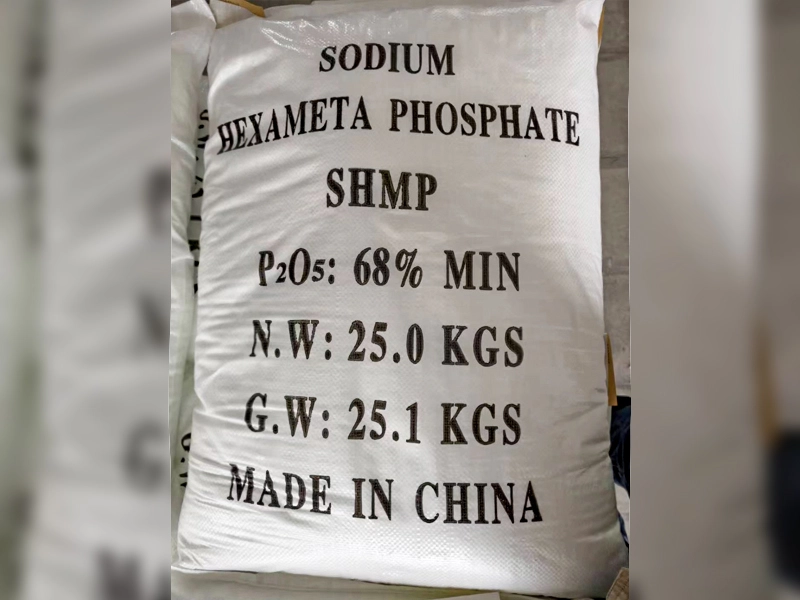




Online message consultation
Add comment: